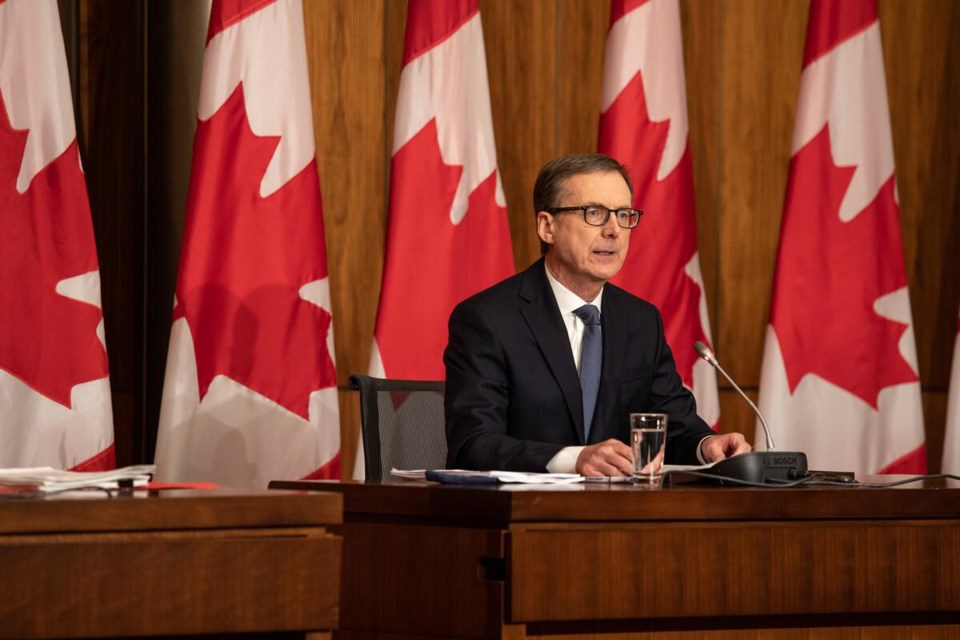Most Canadians appear concerned about rising inflation impacting their ability to lower their debt load, according to a new survey from the Canadian Imperial Bank of Commerce.
While less than a third of Canadians hold debt, 68 per cent of those who do say “they are concerned or very concerned about the impact of rising inflation on their ability to pay everyday bills and living expenses,” according to CIBC.
Roughly 44 per cent of debt holders said they worried about how a further rate hike would impact their ability to make regular payments.
“Given underlying concerns over inflation and rising rates, now is the time to start discussing and planning for managing through any challenges that might emerge,” said Carissa Lucreziano, Vice-President, CIBC Financial and Investment Advice.
There also remains a sizable portion of debt holders who remain optimistic, according to the survey.
Excluding mortgage debt, CIBC says most Canadians polled believe they will be debt-free within the next five years (51 per cent) and, among those with mortgages, most expect to be debt-free by the age of 55.
Spending also appears to be climbing, with 42 per cent of Canadians say they will spend more money this summer than in previous years. Not everyone in the survey said they planned to spend so freely. Another 40 per cent, intend to tighten their spending as the costs of goods rises.
The bank found the following among those polled:
- 30 per cent of Canadians are currently debt-free, up four percentage points from last year
- On average, those with mortgage debt said it accounts for 84.7 per cent of their total debt
- 61 per cent say they have an emergency fund, while 34 per cent would need to fund unforeseen expenses elsewhere
Food prices increased by 7.7 per cent year over year in March – the highest annual rate of food inflation since March 2009, according to Statistics Canada.
The Bank of Canada’s overnight interest rate sits at one per cent and its governor Tiff Macklem said this week Canadians should prepare for the rate to climb to between two per cent and three per cent within the year.
“Increases in the Bank’s policy rate raise the interest rates on business loans, consumer loans and mortgage loans—and they increase the return on savings,” said Macklem at the Standing Senate Committee on Banking, Trade and Commerce April 27.
“We have been clear that Canadians should expect a rising path for interest rates, but seeing their mortgage payments and other borrowing costs increase can be worrying. We will be assessing the impact of higher rates on the economy carefully.”





